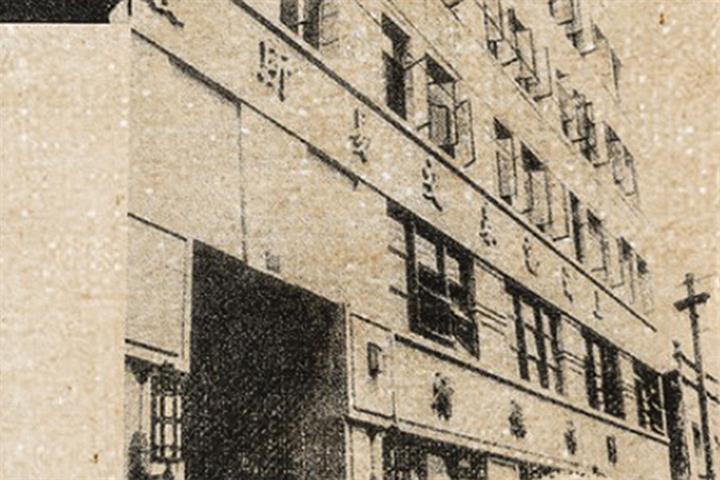 Combating Speculation, Stabilizing Prices: Financial Battles at the Start of Shanghai’s Liberation
Combating Speculation, Stabilizing Prices: Financial Battles at the Start of Shanghai’s Liberation(Yicai Global) June 30 -- At the beginning of its liberation in 1949, Shanghai’s economic order was severely damaged amid rampant speculation and soaring prices.
Faced with this difficult problem, the Communist Party of China launched a financial battle with the main aim of safeguarding the Chinese renminbi currency. That eventually restored the eastern city’s economic order.
The Shanghai Campaign ended on May 27, 1949, with victory for the CPC. However, the wanton issuance of Chinese gold yuan by the Nationalist Party, or Kuomintang, during the war led to a severe devaluation of banknotes and hyper-inflation.
According to writer Wang Dingjun, when buying rice in Shanghai at the time, those at the end of the line would pay a much higher price than those at the front. And the weight of banknotes used to purchase 500 grams of rice would even exceed that of the rice.
Upon taking over Shanghai, the CPC immediately issued policies to stabilize the economy, He Pin, deputy director of the Shanghai Municipal Archives’ cataloging department, told Yicai Global.
Renminbi Primacy
The new government issued the regulations on May 28, demanding that the renminbi should be the monetary unit used in transactions and temporarily approved the circulation of gold yuan until June 5. The regulations also specified that 1 renminbi, or CNY1, equaled 100,000 gold yuan, He added.
However, fearing the devaluation of paper money, the public still scrambled to exchange them for silver dollars. Unscrupulous elements then took the opportunity to set off a wave of speculation on silver dollars.
According to historical records, in the week after June 2, the price of silver dollars rose from CNY660 to CNY1,800, with the price of gold surging from CNY39,100 per liang (about 31 grams at the dawn of Shanghai’s liberation) to CNY110,000, which drove up prices across the board.
The new government also decided to take further measures to ban the circulation of silver dollars. It not only closed down the Shanghai Securities Exchange and its building where speculators gathered, arresting more than 200 speculators, but also made it clear that people in the liberated regions could reserve gold and silver to exchange for renminbi from the central bank.
They, however, could not use them for valuation, circulation and private transactions.
The price of silver dollars declined from nearly CNY2,000 to CNY1,200 on June 10, following the implementation of a series of measures, thus establishing the renminbi’s status as a currency and temporarily stabilizing prices in Shanghai.
Combating Speculation, Stabilizing Prices
When the silver dollar speculation came to an end, the speculators turned to hoarding grain, cotton yarn, cloth and coal in an attempt to profit by driving up prices.
By the end of June, prices in Shanghai were back to the levels seen at the beginning of the month. Not only were prices rising, but the trend was also gradually spreading to other cities in China.
In an effort to combat speculation, the new government decided to sell supplies and stabilize the market.
Under the leadership of Chen Yun, then head of the Central Finance and Economic Committee, the CPC transported supplies from all over the country and allocated foodstuffs, cotton yarn and coal to Shanghai and other major cities. At the same time, the Party tightened the currency and strengthened cash management.
The war against speculation continued until late 1949, and prices were largely stable across the country between the spring and summer of 1950.
Through its crackdown on speculation, the CPC not only dealt a heavy blow to speculators but also fully demonstrated the new government’s ability to govern in the economic sector, further winning the trust of the people.
Editors: Dou Shicong, Peter Thomas